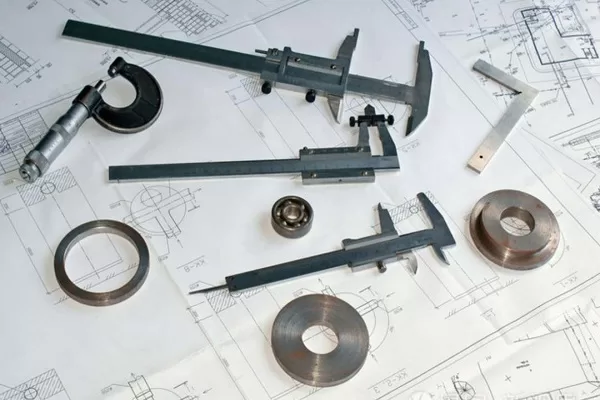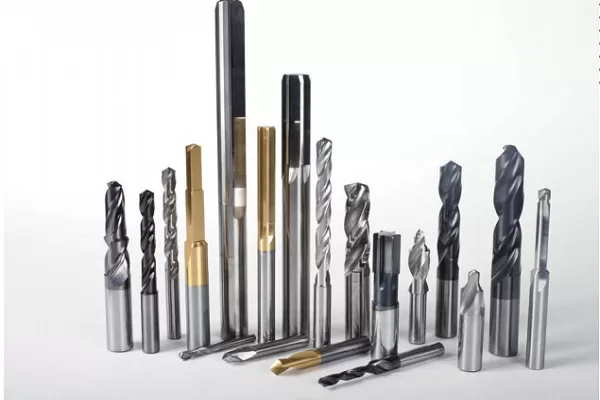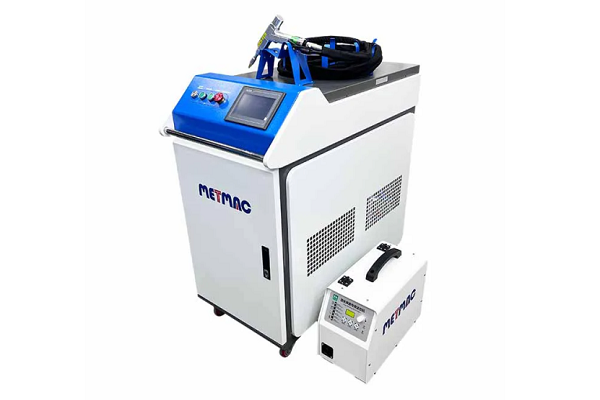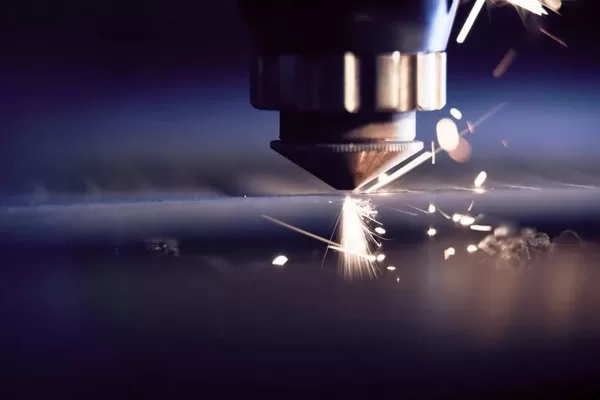
Manual vs. Hydraulic Sheet Metal Press Machines- Pros and Cons
- By:Metmac
- 2024-05-30
- 49
When it comes to sheet metal fabrication, choosing the right press machine is crucial to achieve optimal results. Two primary types of press machines widely used in the industry are manual and hydraulic machines. Each type offers unique advantages and disadvantages, and selecting the appropriate one depends on specific requirements. This article will delve into the pros and cons of manual and hydraulic sheet metal press machines to aid decision-making processes.
Manual Press Machines
Pros:
Lower cost: Manual press machines are generally more affordable than their hydraulic counterparts, making them a cost-effective option for small-scale operations or hobbyists.
Compact size: Manual presses are compact and portable, allowing for easy storage and movement in smaller workspaces.
Simplicity and ease of use: Manual operation allows for direct control over the press, making it relatively easy to operate for users with limited experience.
Cons:
Limited force capacity: Manual press machines have lower force capacities compared to hydraulic machines, limiting their application to lighter gauge sheet metal and smaller components.
Limited automation: Manual presses require significant human effort and do not offer automated operations, making them less efficient for high-volume production.
Ergonomic concerns: Prolonged manual operation can lead to fatigue and discomfort, especially for repetitive tasks.
Hydraulic Press Machines
Pros:
Higher force capacity: Hydraulic press machines offer significantly higher force capacities, making them suitable for heavy-duty applications involving thicker sheet metal or complex forming processes.
Controlled and consistent force: Hydraulic systems provide precise control over force application, ensuring consistent and accurate forming results.
Automation capabilities: Hydraulic press machines can be integrated with automation systems to optimize production processes, increase efficiency, and reduce labor requirements.
Cons:
Higher cost: Hydraulic press machines are generally more expensive than manual presses, making them a less economical option for small-scale operations.
Larger size: Hydraulic press machines are typically larger and require more space, which may not be feasible for compact work environments.
Complexity and maintenance: Hydraulic systems require specialized knowledge and maintenance, which can be challenging for users without the necessary expertise.
Choosing the Right Press Machine
The choice between manual and hydraulic sheet metal press machines ultimately depends on specific project requirements, including force requirements, production volume, budget constraints, and available workspace. For small-scale operations, manual presses offer affordability and ease of use. For high-volume production and heavy-duty applications, hydraulic press machines provide greater force capacity, automation options, and controlled force application. Understanding the pros and cons of each type allows for informed decision-making and the selection of the most suitable press machine for the intended purpose.
-
The Advantages of Using a Sheet Roll Forming Machine in Manufacturing
2024/09/14 -
How to Optimize Your Laser Sheet Cutting Machine for Maximum Performance
2024/09/12 -
How to Maximize Efficiency with Modern Sheet Metal Working Machines
2024/09/04 -
The Environmental Benefits of Using Duct Board Grooving Machines
2024/09/03
-
A Guide to the Latest Innovations in Sheet Metal Folding Machines
2024/11/29 -
Key Features to Consider When Investing in a Sheet Metal Folding Machine
2024/11/28 -
Enhancing Precision with Advanced Sheet Metal Folding Machines
2024/11/27 -
How to Choose the Right Sheet Metal Folding Machine for Your Workshop
2024/11/26



